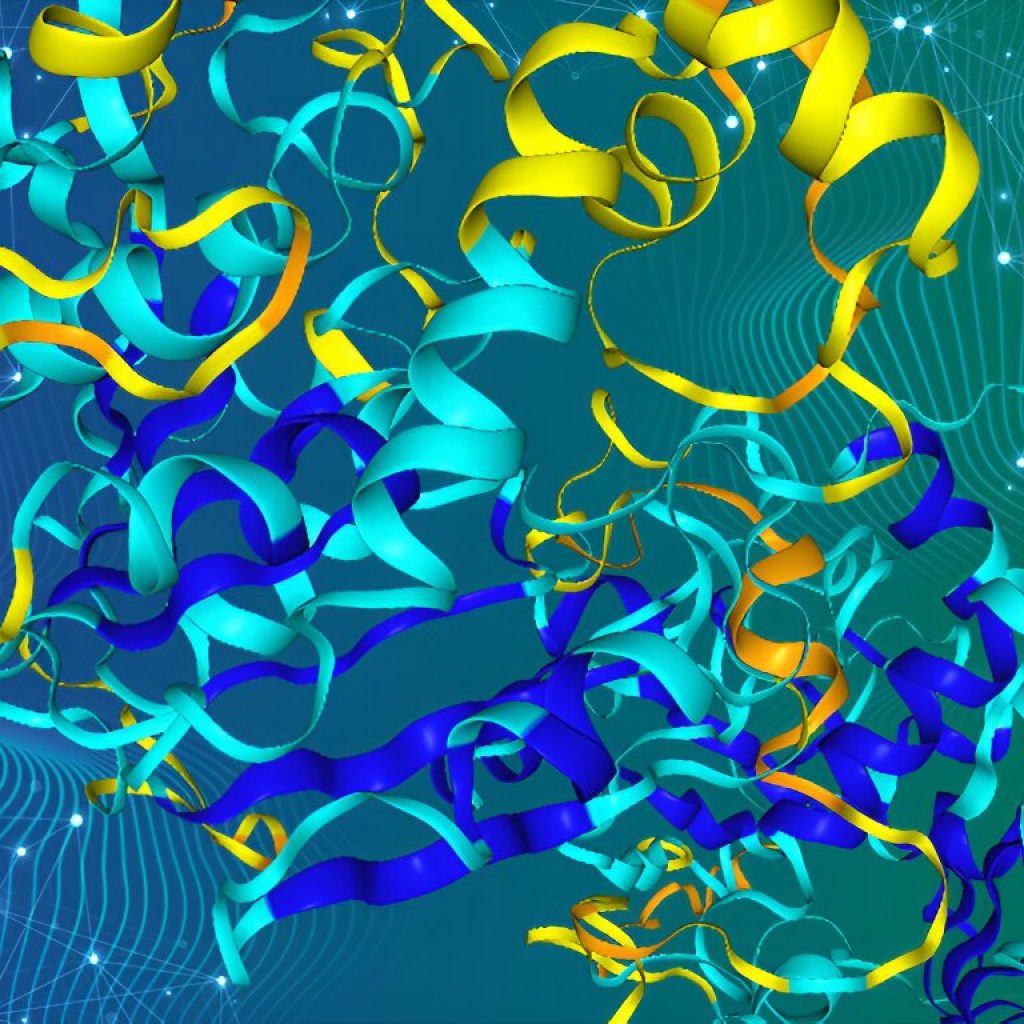In an era where artificial intelligence (AI) is reshaping numerous industries, a significant breakthrough has emerged in the medical field. Researchers from Warwick University and King’s College London have developed an AI software named “X-Raydar,” which demonstrates remarkable proficiency in analyzing X-rays. The software’s capabilities were tested on millions of old scans, which matched or surpassed the diagnostic accuracy of human radiologists in 94% of cases. This innovative tool promises to enhance the accuracy and efficiency of medical diagnoses.
X-Raydar’s training and capabilities
X-Raydar’s development involved an extensive training phase, where nearly three million historic chest scans from 1.5 million patients were used. The AI was trained to identify 37 conditions, marking a substantial leap in the complexity and scope of diseases that AI can now detect. The software operates by scanning X-rays as soon as they are taken and evaluating the severity of each condition, prioritizing the more urgent cases.
This technology stands out for its ability to reduce human error and bias in diagnosis. When doctors focus on a suspected problem area, such as the heart, they might overlook issues in other regions, like the lungs. X-Raydar eliminates this oversight by assessing every part of the X-ray without prejudice, thus serving as the ‘ultimate second opinion.’
Implications for healthcare systems
The implications of X-Raydar for healthcare systems, especially those facing staffing shortages like the NHS, are profound. With this AI tool, radiologists can be freed up to concentrate on more critical cases, as the software can handle routine screenings efficiently. This speeds up the diagnostic process and ensures that patients receive timely care.
Dr. Giovanni Montana, Professor of Data Science at Warwick, and Professor Vicky Goh of King’s College London emphasized the significance of this technology. They highlighted its potential to reduce delays in diagnosis and treatment, which are critical in conditions like cancer. The comprehensive ability of AI surpasses the limited scope of current AI tools in the NHS, marking a pivotal shift towards more advanced AI applications in medicine.
Looking ahead
X-Raydar represents a monumental step in the integration of AI into medical diagnostics. Its ability to analyze X-rays with high accuracy and speed offers a glimpse into a future where AI is vital to medical professionals. This advancement promises to improve patient outcomes and alleviate the pressure on healthcare systems worldwide. As AI continues to evolve, its role in supporting and enhancing human expertise in medicine becomes increasingly significant, heralding a new era in healthcare technology.





